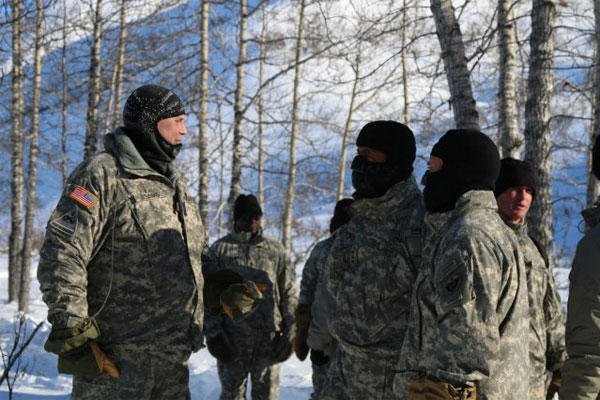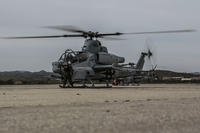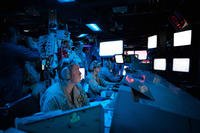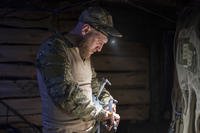FORT WAINWRIGHT, Alaska -- There is a 95-degree temperature difference between Hawaii and Interior Alaska.
It was a brisk -25 degrees when Gen. Vincent K. Brooks, U.S. Army Pacific, or USAPAC's, commanding general, stepped off his aircraft in Fairbanks, Alaska, the nation's last frontier, March 10. The reason for the visit is to evaluate how cold-weather training is conducted in Alaska's vast training locations.
Brooks, accompanied by Maj. Gen. Michael H. Shields, U.S. Army Alaska's commanding general, received a comprehensive tour of just a small portion of the joint Pacific range complex while en route to Alaska's Gulkana Glacier, where Soldiers from around Alaska participated in the Northern Warfare Training Center's Cold-Weather Leaders Course.
Brooks also received the chance to see firsthand how Arctic Warriors are putting the training they are learning to the test in minus 20-degree temperatures.
After an authentic Alaskan encounter in sub-zero temperatures, Brooks and Shields made their way back to Fort Wainwright, Alaska, where they recognized Soldiers, from the 1st Stryker Brigade Combat Team "Arctic Wolves," for their exceptional showing at a recent U.S. Army Pacific supply excellence completion.
The leaders also met with unit and installation commanders from around Fort Wainwright to discuss the significance and value of skills, which Arctic warriors bring to USAPAC's already extensive arsenal.
Examples included the extreme-cold-weather, high-altitude mobility training Alaska-based Soldiers receive at the Northern Warfare Training Center, the capability of U.S. Army Alaska's Aviation Task Force to fly in extreme cold-weather and high-altitude conditions as well as Alaska's Arctic-trained Infantry and Stryker brigade combat teams that maintain readiness to carry out a wide variety of security and support to civil authority mission sets across the Pacific.



























